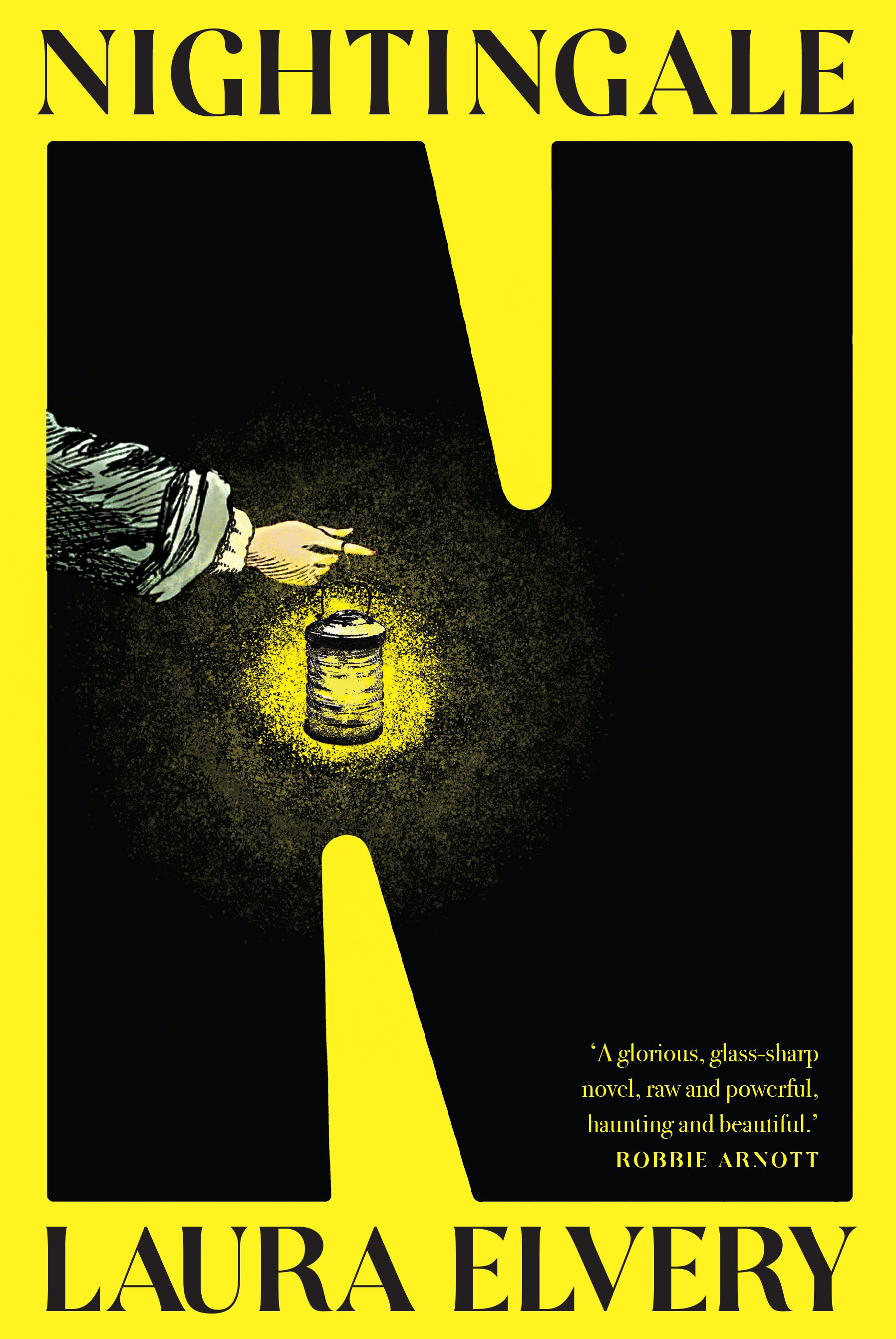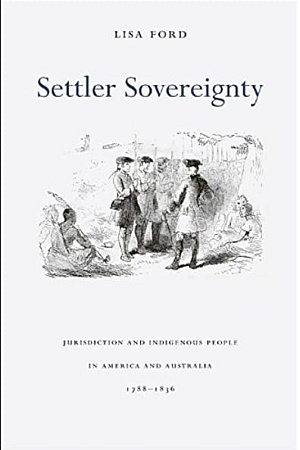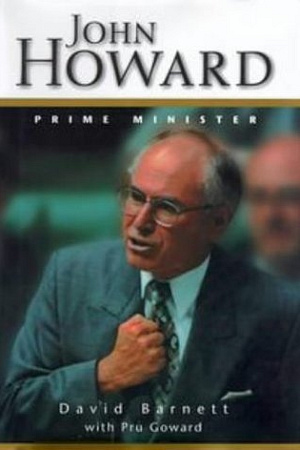Virtual Lives: History and Biography in an Electronic Age
Universal dictionaries are no longer possible or desirable. If we would conquer the realm of knowledge we must be content to divide it.’ Thus wrote The Times on 5 January 1885 in its first article on the Dictionary of National Biography (DNB), whose initial supplement – the first of an eventual sixty-three published over the next fifteen years – was then about to appear.
Perhaps The Times’s correspondent knew that in 1881, when the Victorian publisher George Smith first conceived of a biographical dictionary and approached his friend Leslie Stephen, the eminent man of letters, to edit it, he had envisaged just such a universal dictionary including biographies of all the worthies, from all the nations and civilisations. Smith was a worthy himself: the publisher of many of the greatest Victorian writers including the Brontës, Thackeray, George Eliot, Elizabeth Gaskell, the Brownings, Trollope and Ruskin. He explained in 1894 that ‘[h]is first idea was to produce a dictionary of universal biography with many editors and contributions, English and foreign. From that wild attempt he was saved by the knowledge and sound judgment of Leslie Stephen.’ Contemporaries approved Stephen’s determination to produce a work on eminent and noteworthy Britons only: according to the critic Richard Copley Christie in his review of the first volumes of the DNB in 1887, ‘The day for the general biographical dictionary is passed. For such an undertaking on the scale of the work before us five hundred volumes would not suffice’.1
Continue reading for only $10 per month. Subscribe and gain full access to Australian Book Review. Already a subscriber? Sign in. If you need assistance, feel free to contact us.














Leave a comment
If you are an ABR subscriber, you will need to sign in to post a comment.
If you have forgotten your sign in details, or if you receive an error message when trying to submit your comment, please email your comment (and the name of the article to which it relates) to ABR Comments. We will review your comment and, subject to approval, we will post it under your name.
Please note that all comments must be approved by ABR and comply with our Terms & Conditions.